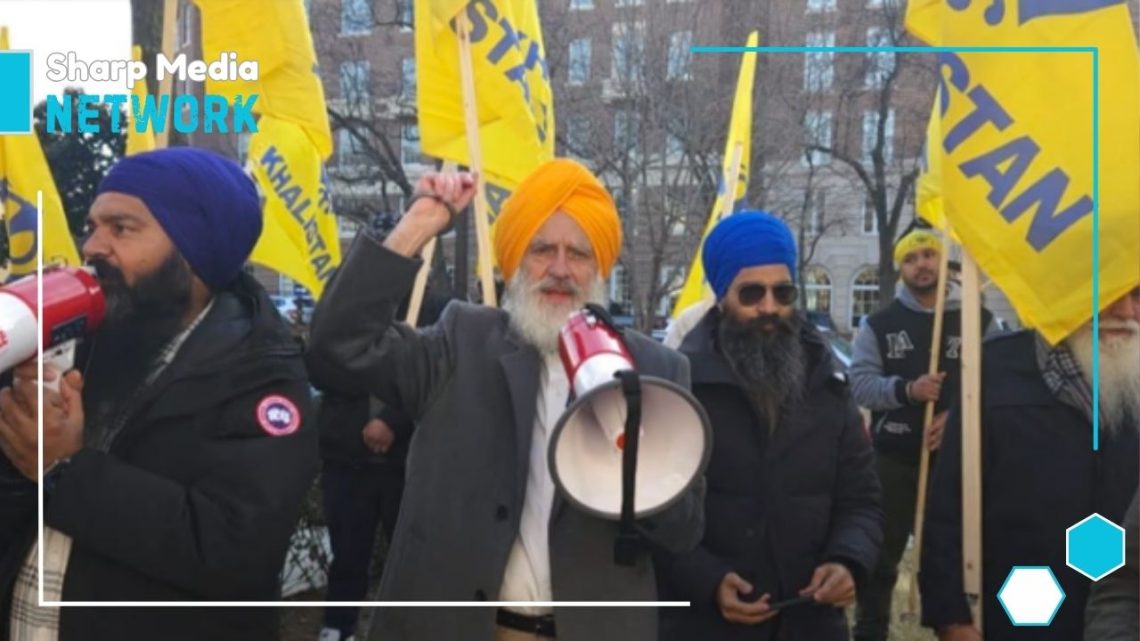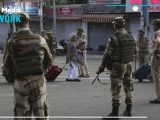
Sikhs Protest for Khalistan Outside Indian Embassy in Washington, D.C.
January 27, 2025On India’s 76th Republic Day, a group of Sikhs gathered outside the Indian Embassy in Washington, D.C., to stage a significant protest advocating for the creation of Khalistan, an independent Sikh homeland. The protesters, holding Khalistani flags, expressed their growing support for a sovereign Sikh state and called for a global referendum to determine the future of Punjab, the region that many Sikhs see as their rightful homeland.
The protest was led by Dr. Bakhshish Singh, a prominent Sikh leader, who passionately condemned the Indian government. In his speech, Dr. Singh accused Indian Prime Minister Narendra Modi of being a “killer” of Sikhs and other minorities, echoing sentiments of anger and frustration with the Indian state’s treatment of the Sikh community. He also underscored the increasing international support for the Khalistan movement, predicting that the day would soon come when Sikhs would secure their independence from India.
This protest in Washington, D.C., is part of a larger, global movement where Sikhs worldwide are calling for a peaceful referendum to decide the fate of Punjab. The demand for Khalistan has been growing in various diaspora communities, where Sikhs continue to voice their dissatisfaction with the Indian government’s policies. The demonstrators are united in their belief that the creation of a separate Sikh state is not just a political goal but a necessary step for the recognition and protection of Sikh identity, rights, and culture.
The movement for Khalistan is not new. Over the decades, it has gained momentum in response to various historical events, such as the 1984 anti-Sikh riots and Operation Blue Star, which left lasting scars on the Sikh community. These incidents, along with ongoing concerns over the marginalization of Sikhs in India, have fueled the desire for an independent Sikh homeland. Supporters argue that the Sikh community deserves a country where their rights are guaranteed and where they can live without fear of oppression.
While the demand for Khalistan is widely supported within parts of the Sikh diaspora, the Indian government has consistently rejected the idea, considering it a separatist movement. Indian authorities maintain that the unity and integrity of the country cannot be compromised and that efforts for Khalistan destabilize the region.
Despite the government’s stance, those who support Khalistan are firm in their belief that the issue will not go away. They point to the growing number of international protests and the increasing support for a global referendum as signs that the demand for Khalistan is only getting stronger. The ongoing struggle for Sikh rights and recognition remains at the heart of this movement.
As the debate surrounding Khalistan continues to unfold, both within India and abroad, the protests in Washington, D.C., reflect the broader global push for a peaceful and democratic process to determine the future of Punjab. Whether or not a referendum will take place remains uncertain, but one thing is clear: the call for Khalistan is a movement that is resonating more widely and louder than ever before.

